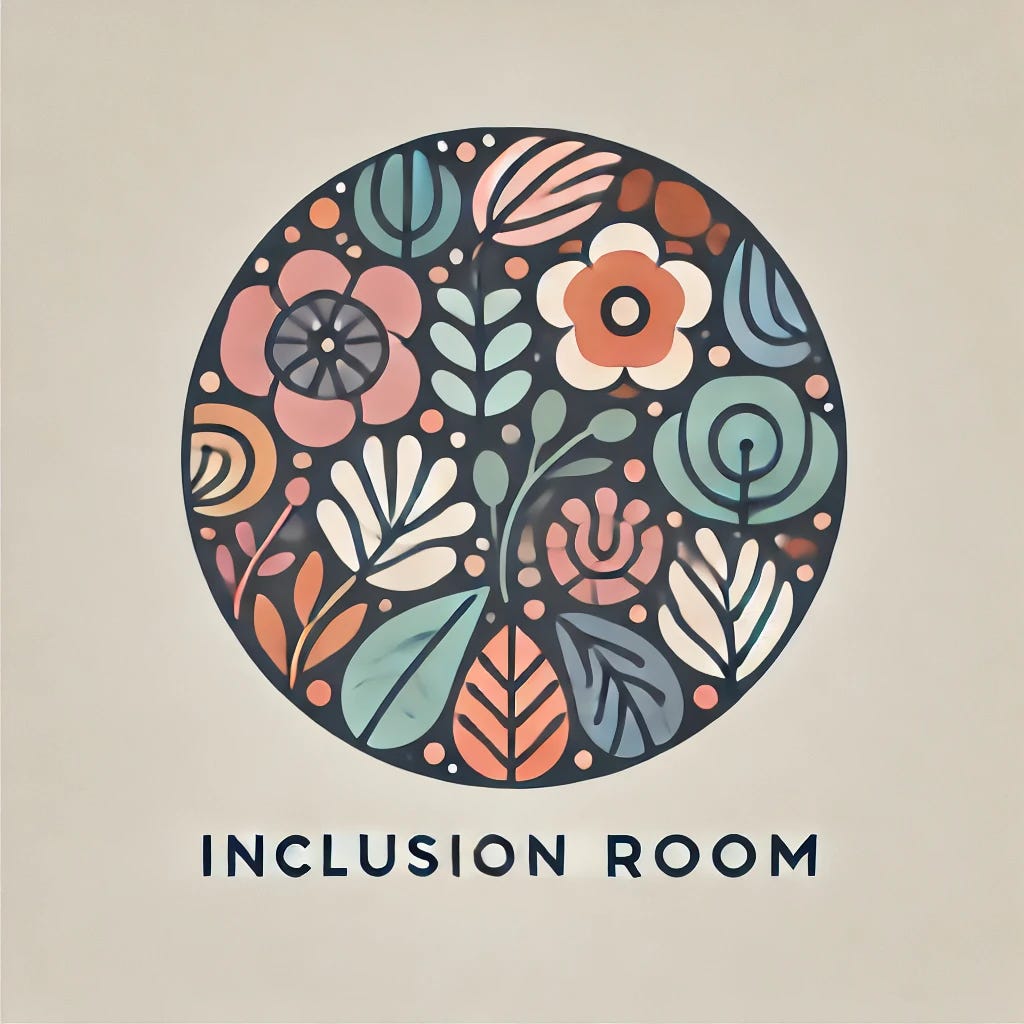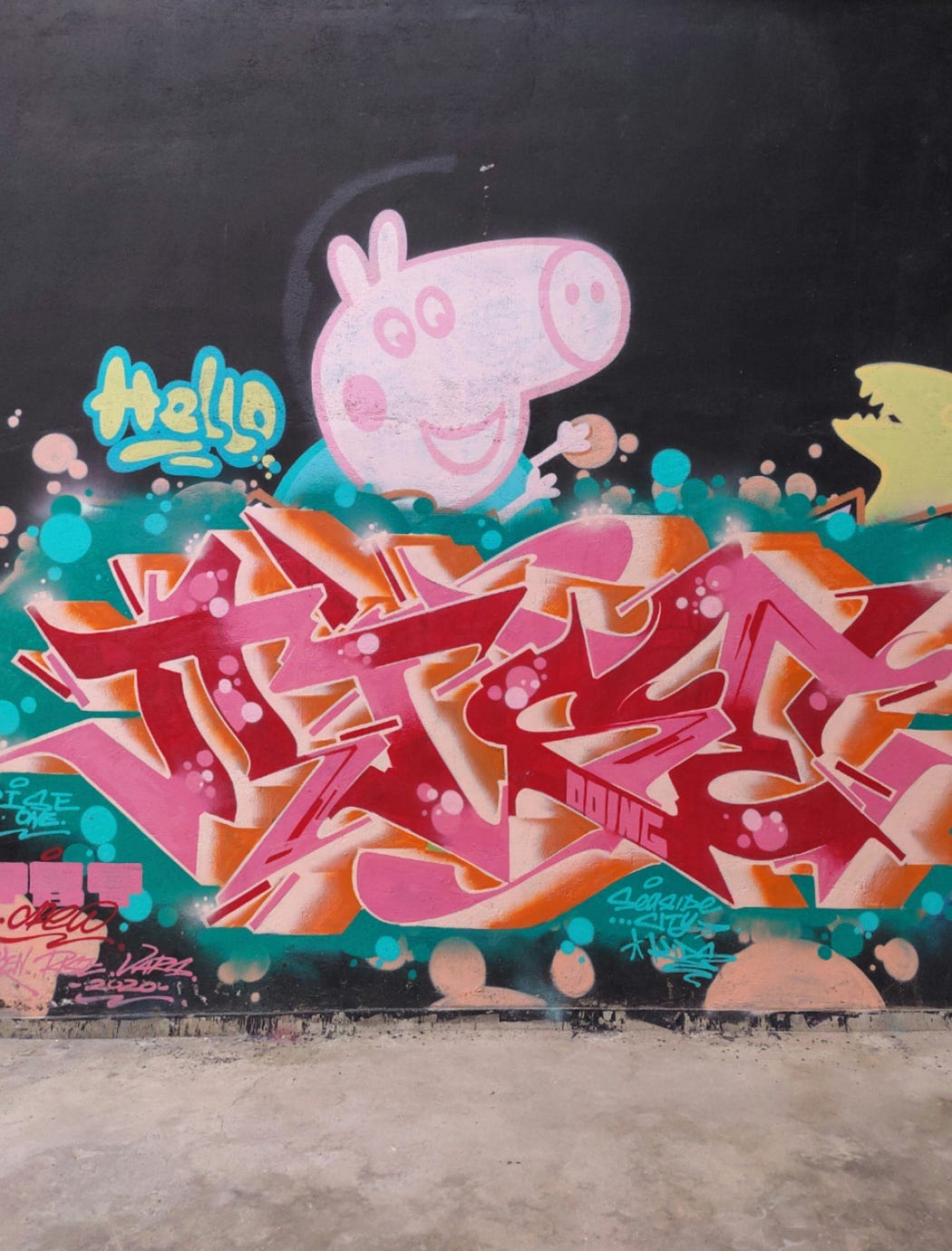How I Learned German in a Year from Scratch
Lessons of humility and perseverance in going from zero to C1 within a year
Welcome to The Inclusion Room — a space of stories and tools to thrive abroad, turn workplace diversity into a strength and build an intentional life.
Originally published on Medium - Medium members, go clap it up!
When I first sat in a meeting where everyone spoke German, I couldn’t understand a single word, and I had one year to change that.
As a polyglot, I’m deeply aware of how language shapes expression. I strive to read books in their original version, listen to podcasts in multiple languages, and watch movies without subtitles whenever possible.
My journey with languages has been a significant part of both my personal and professional life.
One formative experience was working in a multilingual environment in the Netherlands, where we used three languages daily: French, German, and English. Most of us had international backgrounds and spoke at least two languages fluently, with a third, often weaker, picked up on the job.
For me, my native language is Italian. I’m almost bilingual in French, having lived in France for many years, and I’m fluent in English and Spanish thanks to other chapters of my life abroad.
But when I started this job, I couldn’t understand a word of German. And I had just one year to reach a decent level and obtain certification to keep my role.
Learning German One Episode at a Time
I threw myself into it:
A week of immersion in Frankfurt with a German course at a language school: I called the school before enrolling and asked about the nationality of the other students for that week. Indeed, I noticed that in most courses attended by people from languages I can speak, I don’t progress, because as soon as I take a break, I switch to their (or my own) language. So I was happy to hear that the attendees were mostly from Asian countries that week, so I could really immerse myself in German.
Grammar books piled on my desk: Unfortunately, dust spent more time with them than I did…
30 minutes a day with the Assimil method: I use this method for every language I learn. It works well for me because I can fit 30 minutes into a busy day. In this brief period, the method offers grammar, vocabulary, and listening exercises based on everyday topics.
One month of intensive courses organized by my employer in the Netherlands: I met my best friends from this period during this course. We were all from different countries, had different native languages; for some, it was easier than for others, but we helped each other and each individual’s success became a collective one. Learning German creates strong bonds.
Six hours per week at the Goethe-Institut for six months: I have mixed feelings about this course. On the one hand, since I attended it in the Netherlands, all the other participants were Dutch. Because Dutch is so close to German, their approach to learning the language was very different from mine as a native speaker of a Latin language. Moreover, during the breaks, they all spoke Dutch, which didn’t help me practice German. So while the course didn’t really help me progress in the language itself, it was very useful for understanding the exam structure and the key elements needed to pass it.
Die Deutsche Welle Deutsch lernen in my ears on every commute: This app offers exercises, articles, news, music, and podcasts for all levels, so you can practice every aspect of the language, anytime and anywhere, at your own pace!
And… Peppa Pig on Netflix.
Yes, learning a new language requires humility.
Surprisingly, the topics on Peppa Pig aligned perfectly with the wording of the Goethe B2 exam: travelling and holidays, family composition and rituals, environmental concerns (like waste sorting), friendships…
I spent several evenings with Peppa and her family. Those episodes helped me broaden my vocabulary and visualize how words shape everyday life.
Two Turning Points
True progress came from two transformative experiences:



